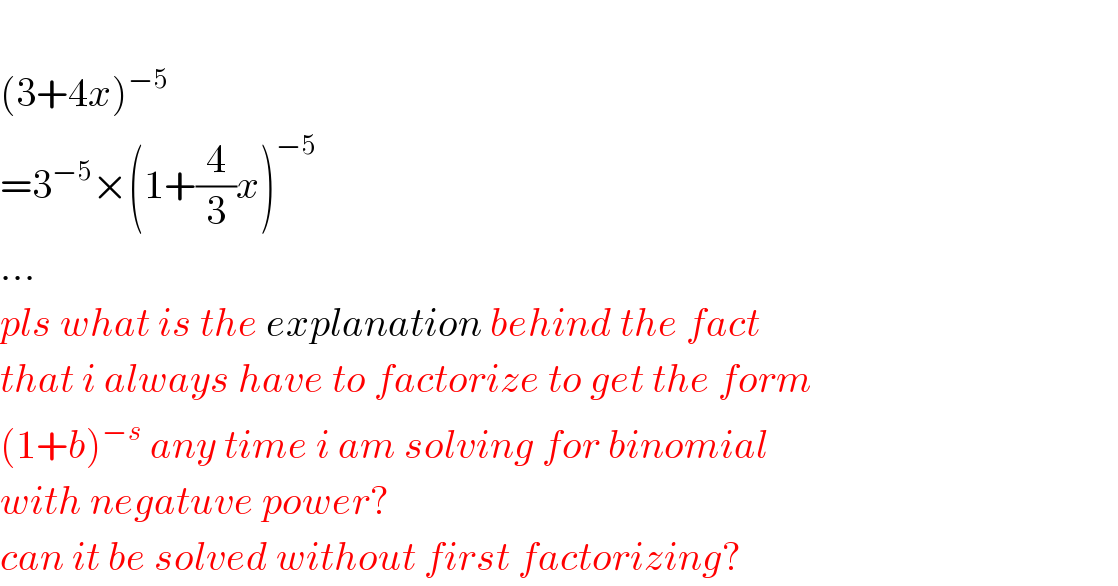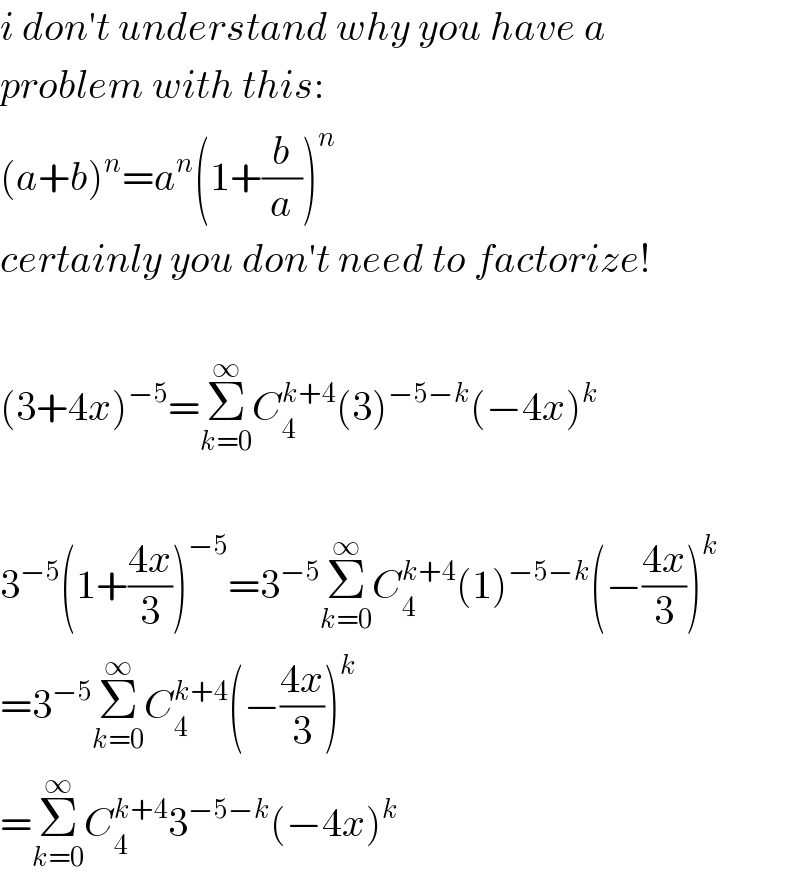
Question and Answers Forum
Question Number 114728 by aurpeyz last updated on 20/Sep/20

Commented by mr W last updated on 20/Sep/20

Commented by aurpeyz last updated on 20/Sep/20

| ||
Question and Answers Forum | ||
Question Number 114728 by aurpeyz last updated on 20/Sep/20 | ||
 | ||
Commented by mr W last updated on 20/Sep/20 | ||
 | ||
Commented by aurpeyz last updated on 20/Sep/20 | ||
 | ||